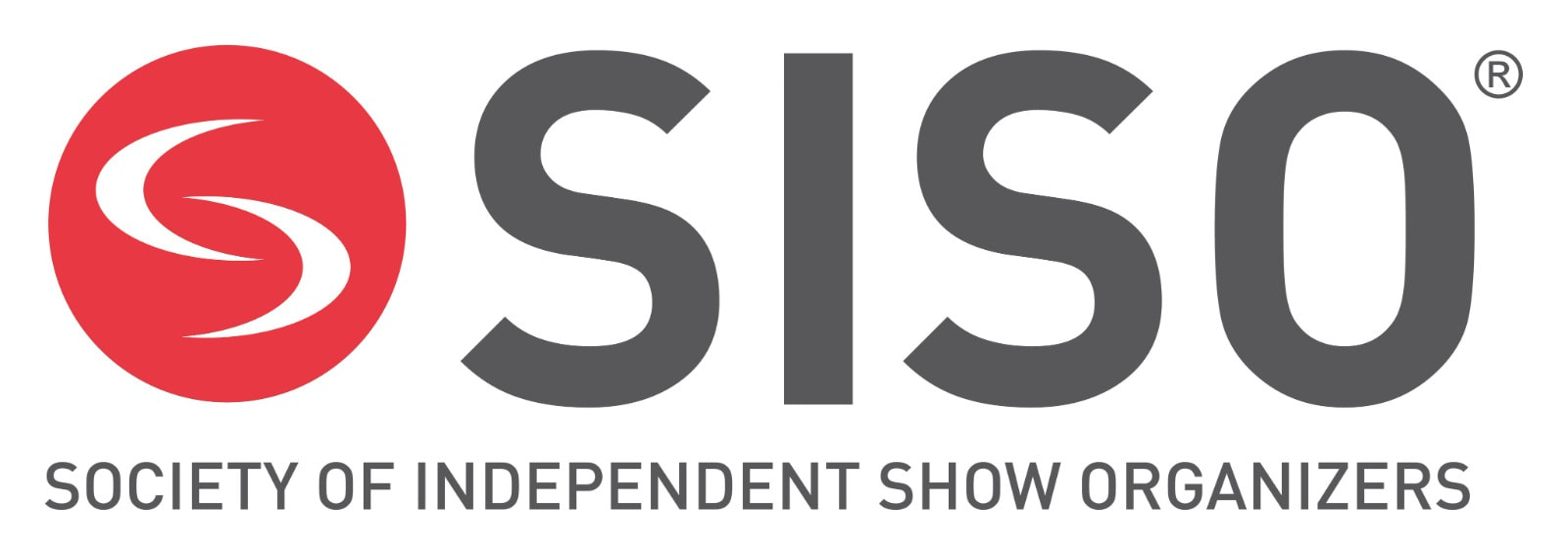|
Artificial intelligence (AI) is making its mark across various industries, and the world of kitchen and bath remodeling is no exception. While AI presents exciting opportunities for improving efficiency and innovation, it also brings a unique set of challenges. Let’s take a closer look at some of the hurdles professionals face as they incorporate this cutting-edge technology into their work.
Privacy and Security Concerns: One of the foremost challenges of integrating AI into home remodeling, especially in spaces like kitchens and bathrooms, is ensuring privacy and security.
From a technical standpoint, incorporating AI into existing kitchen and bathroom setups isn’t always straightforward. Compatibility is a big issue. Making sure AI systems work seamlessly with appliances from various manufacturers can be a complex and time-consuming process. Retrofitting older homes with AI technology often means significant upgrades to current infrastructure, such as rewiring electrical systems or making changes to plumbing, which adds another layer of complexity. User Adoption and Learning Curve: Another challenge lies in how users adapt to AI technology. Some homeowners might resist adopting AI-powered appliances, preferring more traditional, non-connected options. Many AI devices have a steep learning curve, which can be particularly daunting for older individuals or those unfamiliar with new technology. This hesitation to embrace AI can slow down its adoption in the remodeling space. Balancing AI with Human Expertise: One of the trickiest aspects of introducing AI into kitchen and bath remodeling is finding the right balance between technology and human skill.
The financial aspect of integrating AI into remodeling projects can’t be ignored. AI-powered appliances and systems often come with a hefty price tag compared to traditional alternatives, which might put them out of reach for some homeowners. Additionally, ongoing costs, such as maintenance and system upgrades, can drive up the long-term budget of a project, potentially influencing client decisions. Ethical Considerations: AI’s role in design and decision-making also brings up ethical concerns. One issue is transparency—when AI-generated designs or images are presented, it’s not always clear to clients what is created by AI versus human input. There’s also the question of whether AI systems can make unbiased decisions, particularly in design choices. Ensuring that AI recommendations respect diverse needs and preferences is crucial. Data Management and Analysis: AI systems generate vast amounts of data, and managing this information effectively is another hurdle for remodeling professionals.
In the end, the future of kitchen and bath remodeling will come down to striking the right balance between cutting-edge technology and human expertise. Those who can effectively navigate these challenges will be in a strong position to lead the industry into a new era of smarter, more personalized home design. Join us at Kitchen + Bath Canada to dive deeper into these topics and discover how AI is transforming the industry. Learn from experts, explore the latest innovations, and see how you can stay ahead in this exciting new era of kitchen and bath design!
0 Comments
Leave a Reply. |
Archives
September 2024
Categories |
|
FOR EXHIBIT & SPONSORSHIP INQUIRIES:
|
Canada's only trade show dedicated to the Kitchen & Bath industry
|
THE EXPO HUT Inc.
1310 Dundas Street East - office no.: 225 Mississauga, ON L4Y 2C1 - Canada Tel. +1 905.232.6331 Email: [email protected] Web: www.expohut.ca Member of:
|
|
© THE EXPO HUT Inc. All Rights Reserved.| Privacy Policy
|
Organized by
|


 RSS Feed
RSS Feed








